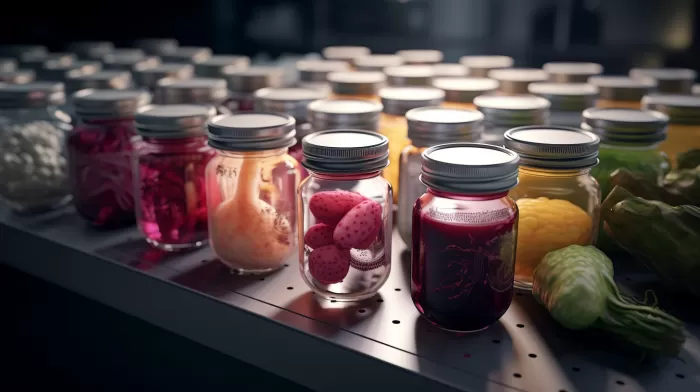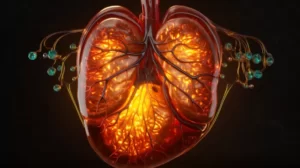Today more than ever, we are surrounded by pollutants and toxic threats. From parabens in personal care products to air pollution and heavy metals in food sources, we are consistently encountering harmful substances with little knowledge of their long-term effects on our bodies. While there are numerous detox methods, such as fasting, cleanses, and other specific dietary regimes, a powerful and straightforward method may already be on your shelf or even in the food you eat – probiotics.
The Power of Probiotics
Probiotics are beneficial live microorganisms that are essential for maintaining a healthy gut environment. Most commonly found in fermented foods containing active live cultures, such as yogurt and sauerkraut, probiotics have proven to be vital for a healthy gut microbiome. However, new research demonstrates that they can also help your body eliminate heavy metal contaminants like lead, cadmium, arsenic, chromium, and mercury, which seep into our bodies from polluted air, water, and food sources.
How Probiotics Assist in Detoxification
In a mini-review in Applied and Environmental Microbiology, study co-author Gregor Reid of the Lawson Health Research Institute states that there is evidence to show that beneficial bacteria, including probiotics, are capable of degrading pesticides and sequestering toxic chemicals. Moreover, probiotics’ potential to eliminate heavy metal contaminants is stirring excitement among researchers.
Typically, 40 to 60 percent of heavy metals can infiltrate the intestinal barrier and enter the body. However, Lactobacillus, a probiotic living in the human mouth and gut, has been found to possess the ability to bind and detoxify some of these harmful substances. This can significantly reduce the amount of heavy metals seeping into the body.
“If the metal is trapped in or on a bacterial cell, it can pass harmlessly from the body via feces,” explains Burton.
This reveals the possibility of introducing probiotics to other foods to help sweep harmful compounds from the gut or even using them to help decontaminate environmental sites.
Probiotics for Specific Contaminants
In regions where specific toxic metals are more common, probiotics can provide an even more crucial line of defense. For instance, in parts of the United States, arsenic is a significant concern, such as in New England, the Great Lakes region, the western U.S., and near the Middle Rio Grande Basin of New Mexico. High levels of arsenic have been detected in the water supplies in these regions.
Private well water can also contain arsenic that seeps into groundwater, resulting from fertilizer use or industrial waste.
“Large parts of the world, including Africa’s Lake Victoria [the world’s second-largest freshwater lake by surface area], are contaminated by a host of toxic compounds. We thought it would be worth seeing if lactobacilli could counter the toxins,” says Reid.
Furthermore, smoking tobacco from a hookah pipe can heighten the risk of exposure to heavy metals like arsenic, cadmium, lead, and chromium. With 56 million American adults smoking hookah, avoiding such contaminants is becoming increasingly difficult.
Conclusion
Given the ubiquity of pollutants and heavy metals in our environment, incorporating probiotics into our routine can provide immense health benefits, particularly in terms of detoxification. The detoxifying effects of probiotics can be easily harnessed through consuming certain fermented foods or through daily probiotic supplements.
In addition to their detoxifying properties, probiotics are essential for maintaining a healthy gut microbiome and should be included in every individual’s diet. By doing so, you not only protect your gut health but also contribute significantly to your overall health and well-being.



![8 Simple Rules to Refresh Your Body with a Healthy Cleanse [See Pictures]](https://naturalhealthreserve.com/wp-content/uploads/2024/01/8-rules-healthy-cleanse-slideshow-300x168.webp)